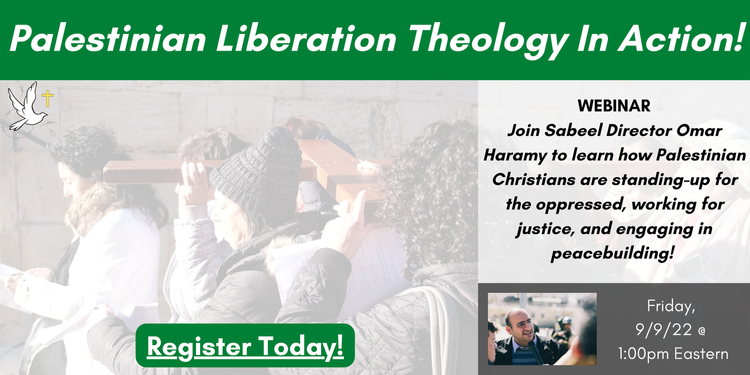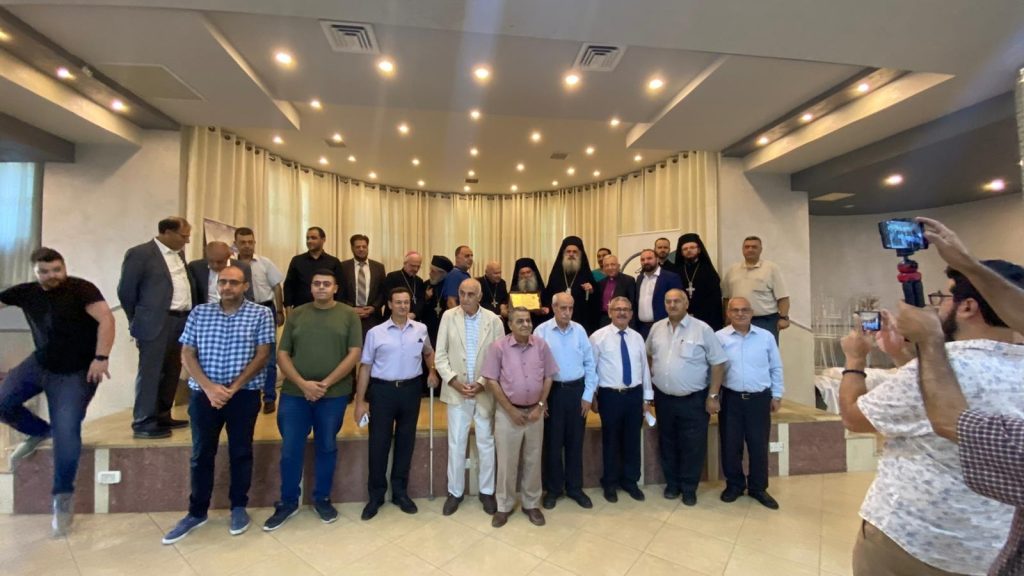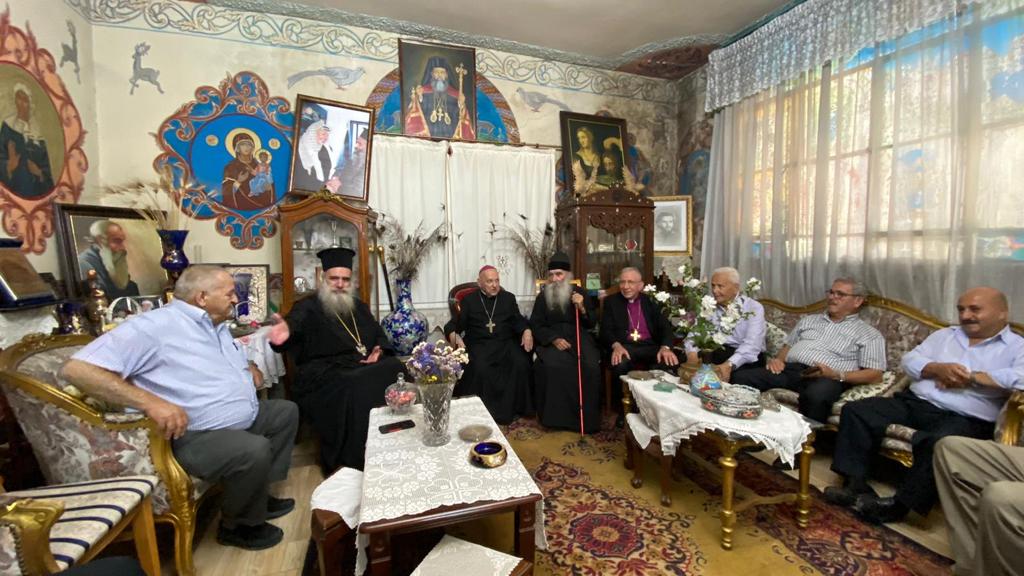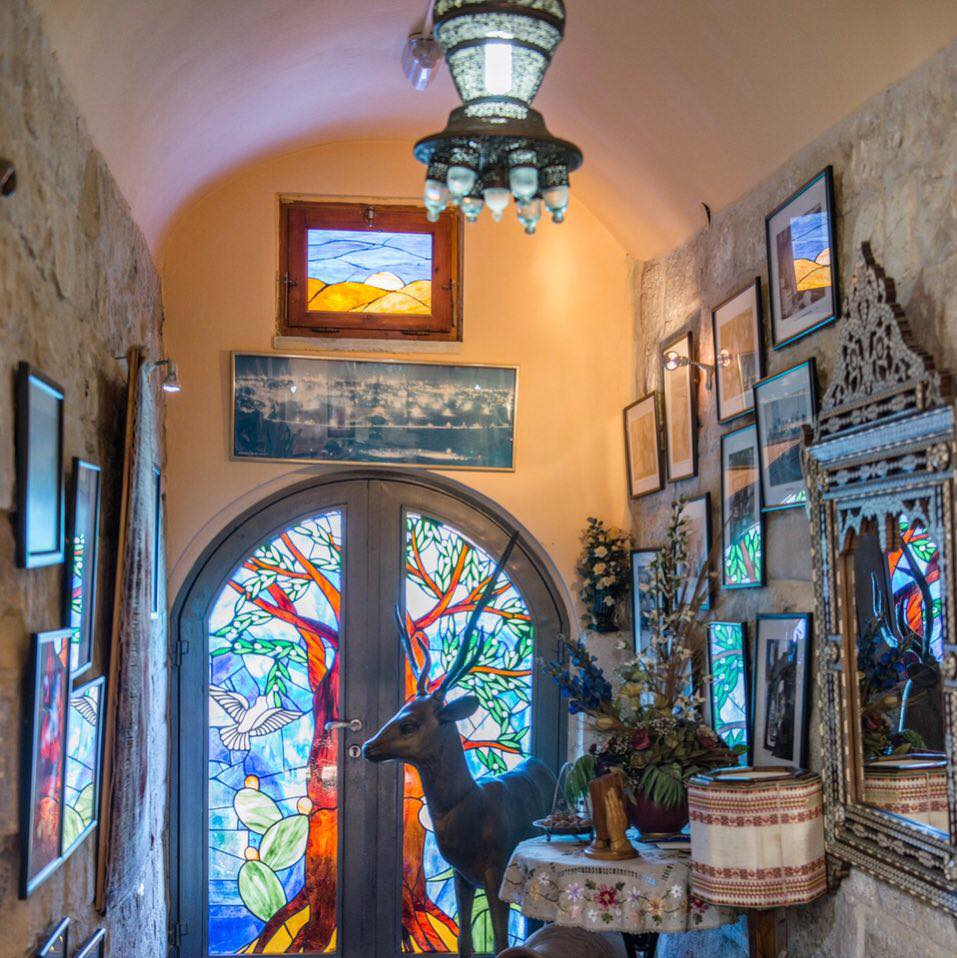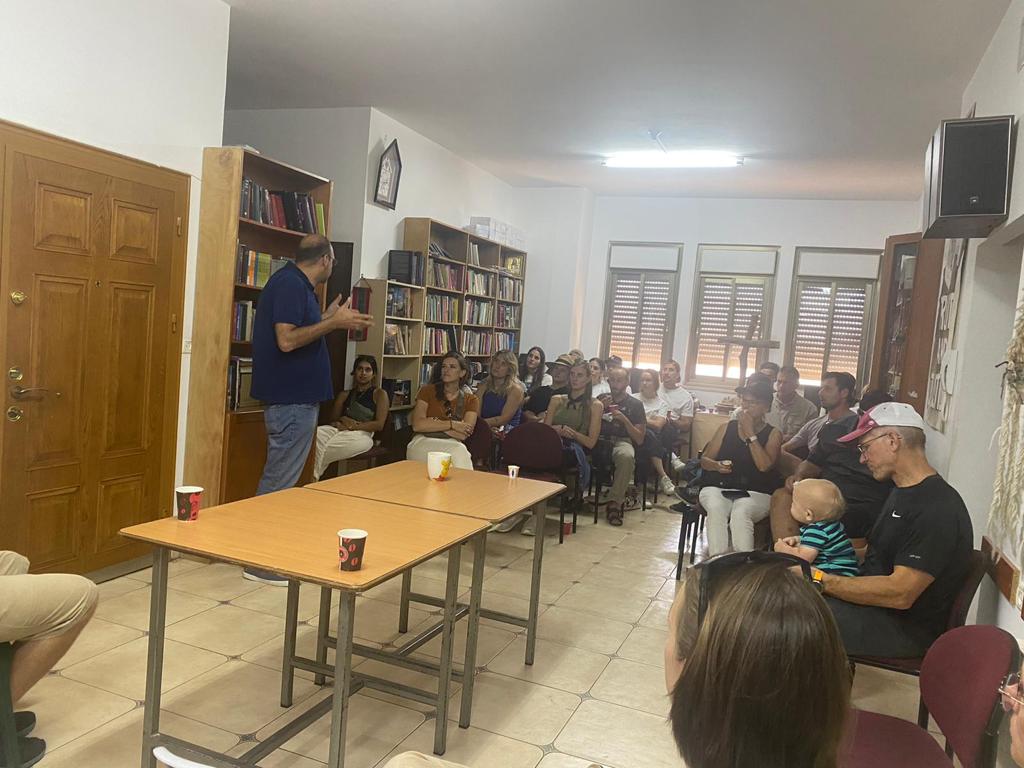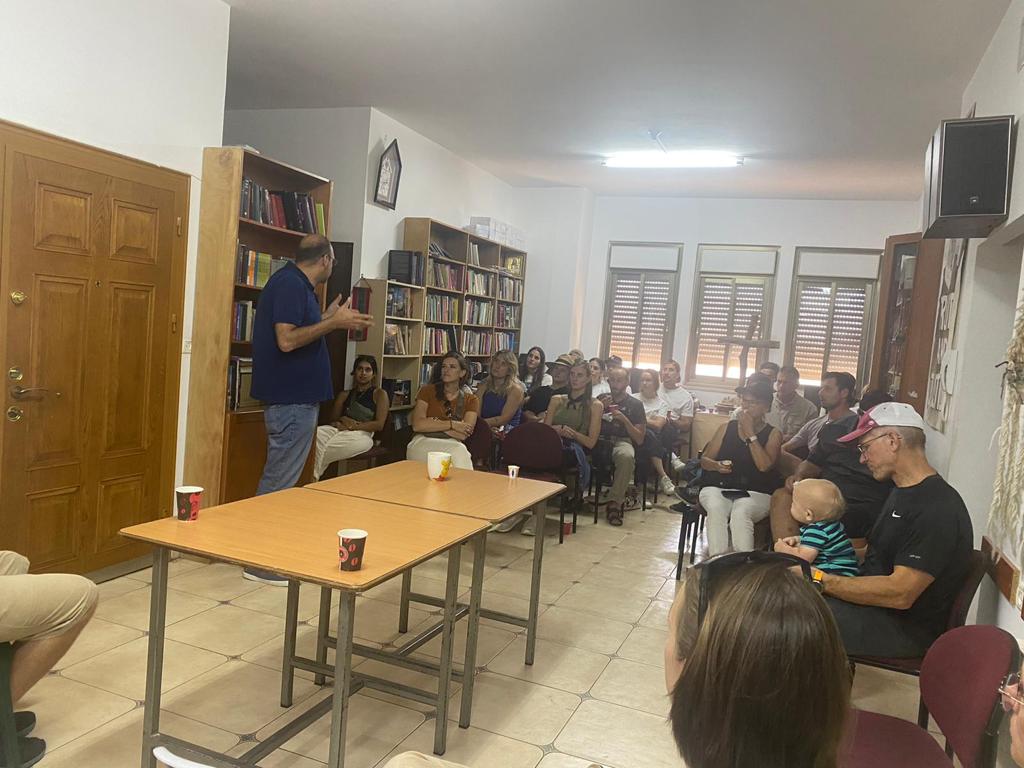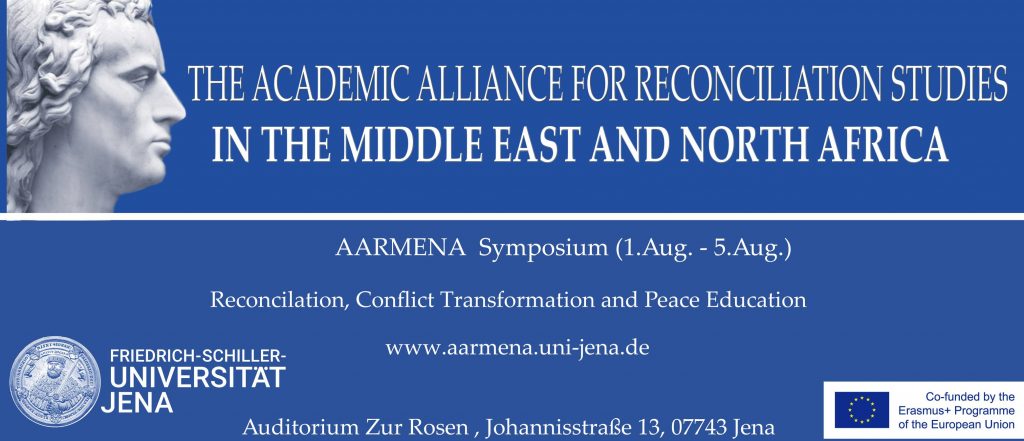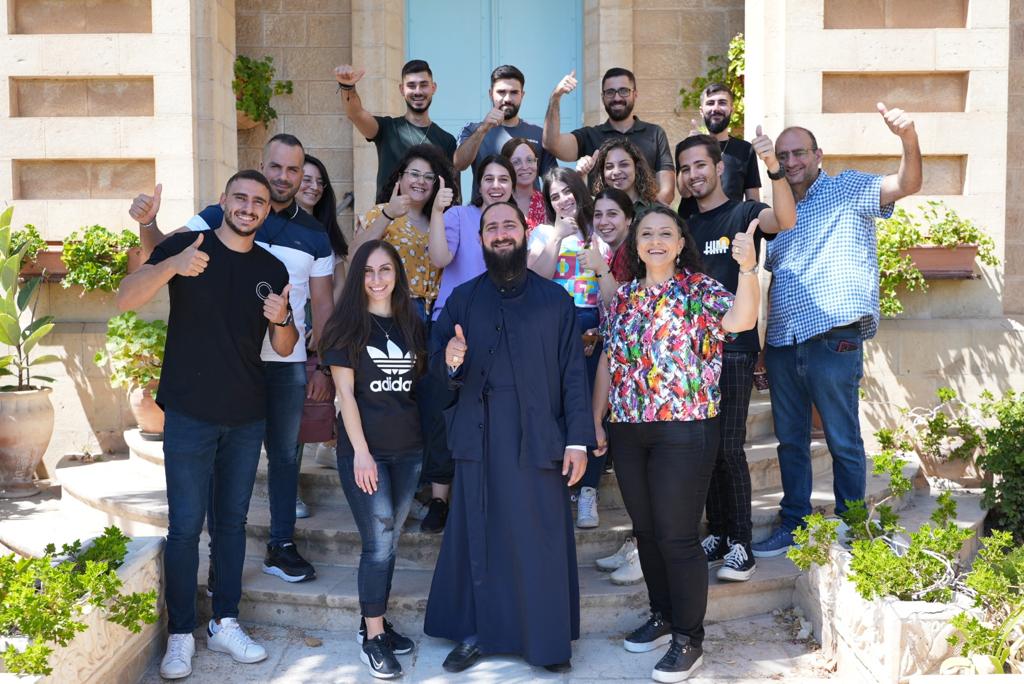

On Saturday 10 September, Sabeel’s Director Omar Haramy led a workshop about the role of Christian young people in the Middle East. A group of 20 young people living in Palestinian villages inside Israel participated in the workshop. The group discussed the recent publication, ‘We Choose Abundant Life’. Co-written by the Palestinian Reverend Mitri Raheb and other theologians from different church traditions and countries in the Middle East, it speaks about the role that the church can play in the region today.
The workshop was the second one organized for young people in Palestine. This workshop was the first held for Palestinian Christian youth living inside Israel. The young people spoke about how they would like the church to support them and the larger Palestinian community.

